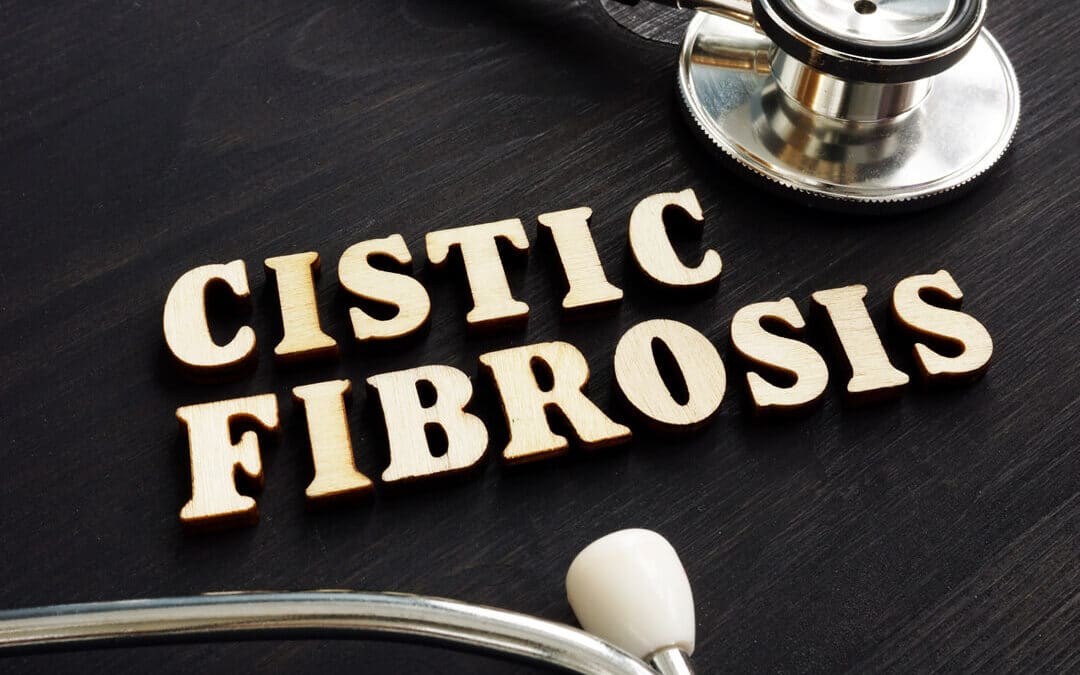Having cystic fibrosis can be a difficult diagnosis, as it is a lifelong condition that affects multiple organs and systems in the body. As a result, living day to day with this chronic condition can be physically and emotionally draining.
Fortunately, for those who cannot work because of their diagnosis, there is assistance available as Social Security Disability Insurance (SSDI) or Supplemental Security Income (SSI). This blog will discuss the process of receiving disability benefits because of cystic fibrosis.
What is Cystic Fibrosis?
Cystic fibrosis is a genetic disorder that affects the lungs, digestive system, and other organs in the body. It is caused by a mutation in the CFTR gene, which controls the flow of salt and water in and out of the cells. This prevents the effective production of mucus and sweat glands, leading to chronic chest infections caused by bacteria buildup, as well as malnutrition and difficulty digesting food.
People with cystic fibrosis are susceptible to frequent lung infections, difficulty gaining weight, pancreatic insufficiency, liver problems, diabetes, infertility, osteoporosis, and other symptoms which can range in severity depending on how advanced the disease is.
With proper treatment, people with cystic fibrosis can manage their symptoms and lead full lives. However, many people with cystic fibrosis find themselves in difficult financial situations because of medical costs and an inability to work regularly. Disability benefits may be necessary for those who cannot work because of their condition.
Cystic Fibrosis and Social Security Disability
To qualify for Social Security Disability (SSDI) or Supplemental Security Income (SSI) because of epilepsy, you must meet certain criteria. The Social Security Administration (SSA) uses a 5-step process to determine someone’s eligibility for disability benefits. If you are applying for disability benefits for cystic fibrosis, you will go through the following process:
- Show that your current monthly income is at or less than the Substantial Gainful Activity (SGA) level defined by the SSA in 2023 ($1470).
- Show how much cystic fibrosis limits your ability to perform simple work activities like
- sitting
- standing
- reaching
- pulling or pushing
- lifting or carrying
- simple cognitive reasoning
- Show medical evidence to meet the SSA’s cystic fibrosis impairment listing.
To meet the SSA’s cystic fibrosis impairments listing your medical documentation must show evidence of one of the following:
- Spirometry test results show an abnormally low FEV1, which is a measure of the amount of air exhaled from the lungs. The base level is determined by age and height.
- Three or more hospitalizations within the last 12 months and at least 30 days apart.
- Collapsed lung with chest tube placement.
- Respiratory failure requiring invasive mechanical ventilation or noninvasive ventilation with BiPAP for at least 48 hours – 72 after surgery.
- Pulmonary hemorrhage needs vascular embolization to stop bleeding.
- A SpO2 oxygen reading of 89% or lower that must occur at least twice within 12 months and cannot occur within 30 days of each other to be considered a low oxygen reading.
- Or at least two of the following serious complications: pulmonary exacerbation requiring 10 consecutive days of intravenous antibiotics; pulmonary hemorrhage that requires hospitalization; weight loss that necessitates daily supplementation with enteral nutrition; or CF-related diabetes necessitating insulin therapy over 90 consecutive days qualify.
- Show you cannot do any work you may have done in the past due to your medical condition.
- Show you cannot do any other work based on your:
- age
- education
- prior work experience
- mental and physical capabilities
Getting Help Receiving Disability for Cystic Fibrosis
Living with cystic fibrosis is already a challenge, and getting disability benefits can make a huge difference in your quality of life. But the process can prove difficult, so you shouldn’t go through the process alone. Consider seeking the help of a Social Security disability lawyer. They can guide you through the application process, help you gather all necessary evidence, and ensure that your application is complete and accurate. Additionally, if your claim gets denied, lawyers can help you appeal and represent you at a hearing.
Brock and Stout’s bankruptcy lawyers have over 25 years of experience helping our clients navigate the disability process and get the benefits they deserve. Reach out to us today for a free evaluation to see if we can help you and your family.

